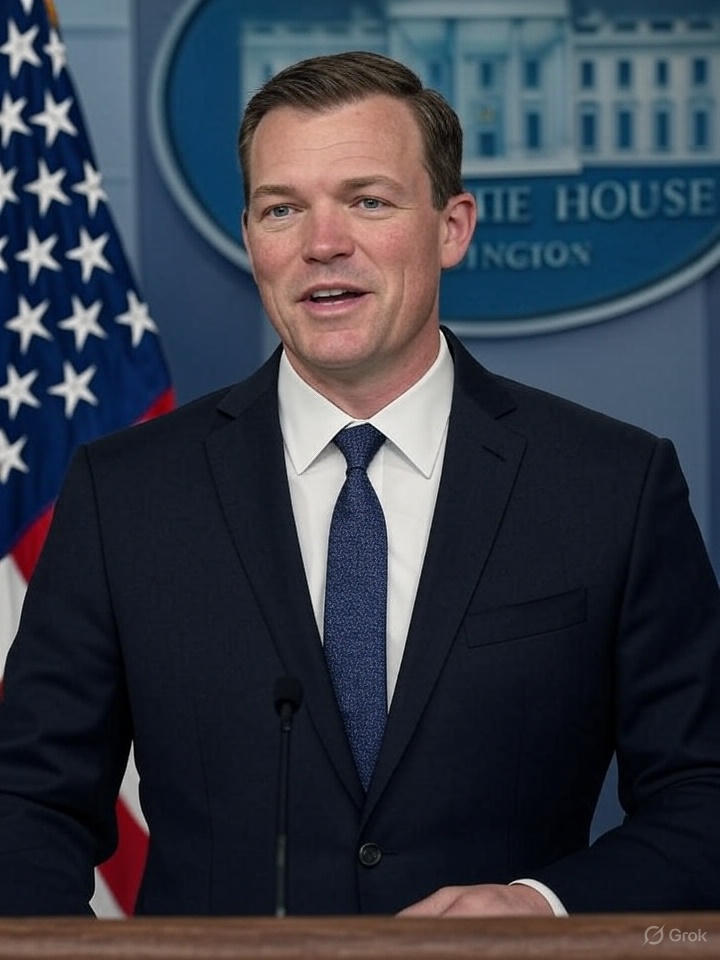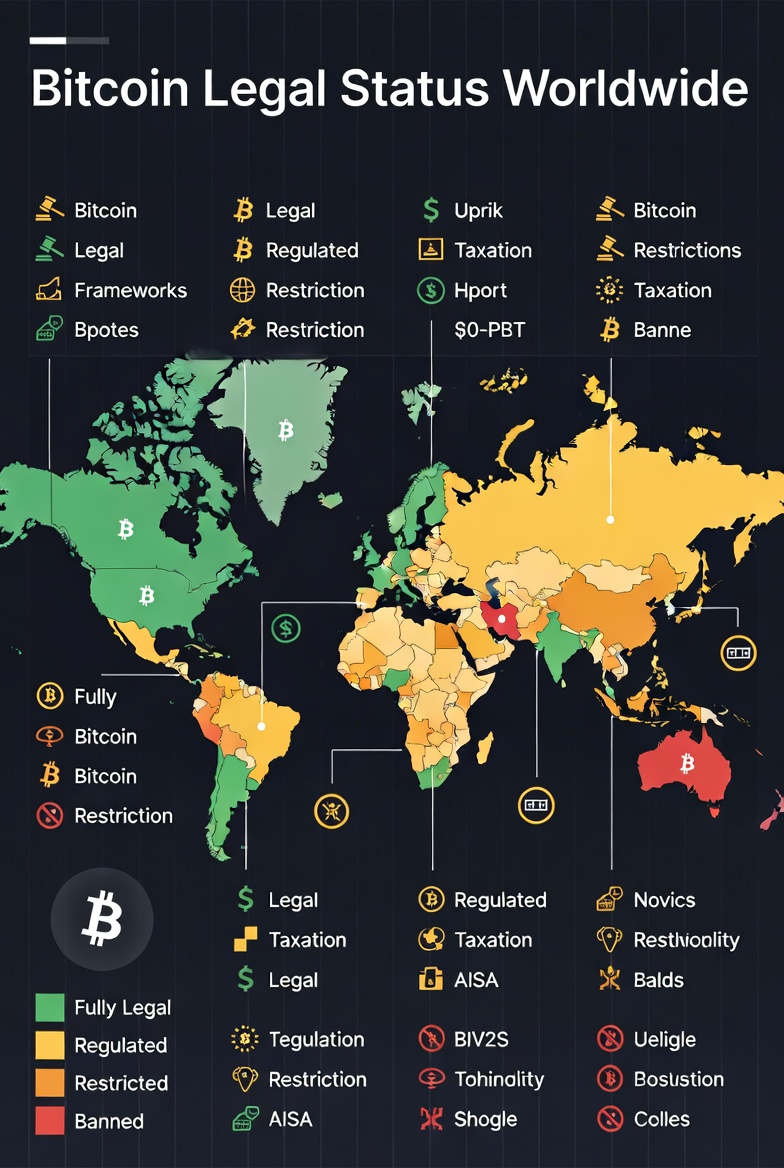The United States is accelerating its approach to digital asset regulation under new leadership. Patrick Witt, U.S. President Donald Trump’s newly appointed cryptocurrency affairs leader, has pledged to fast-track the nation’s US cryptocurrency policy framework. Witt aims to build on his predecessor’s work by urgently pushing lawmakers to finalize clear regulations and pass critical stablecoin legislation.
Key US Cryptocurrency Policy Objectives Outlined
-
Witt’s strategy focuses on three core legislative pillars designed to provide clarity and stability to the market:
-
Senate Market Structure Legislation: This initiative builds on recent drafts released by the Senate Banking Committee. It aims to create clear rules for crypto exchanges and trading platforms.
-
GENIUS Stablecoin Law: Witt is advocating for the rapid implementation of this law. It would provide federal oversight for stablecoins, offering crucial clarity for issuers and users.
-
Federal Cryptocurrency Reserve: A proposal to establish a new federal-level system to support and manage digital assets, ensuring national security and financial stability.
-
Witt acknowledged that although the August deadline for passing the bill was missed, the White House is applying continued pressure to push the initiatives forward. The Banking Committee has already released its draft, while the Agriculture Committee is expected to follow. Once both committees complete their processes, the legislation will move to the Senate for a full vote, requiring strong bipartisan support.
Why It Matters:
This renewed focus on US cryptocurrency policy is a major development for the industry. For years, companies and investors have operated in a state of regulatory uncertainty. Witt’s appointment and his clear agenda signal a strong intent to:
- Provide the regulatory clarity needed for innovation to thrive.
- Protect consumers and ensure market stability.
- Boost institutional adoption of digital assets within the United States.
Ultimately, establishing a clear federal framework is essential for the U.S. to maintain its competitiveness and leadership in the global digital economy.


